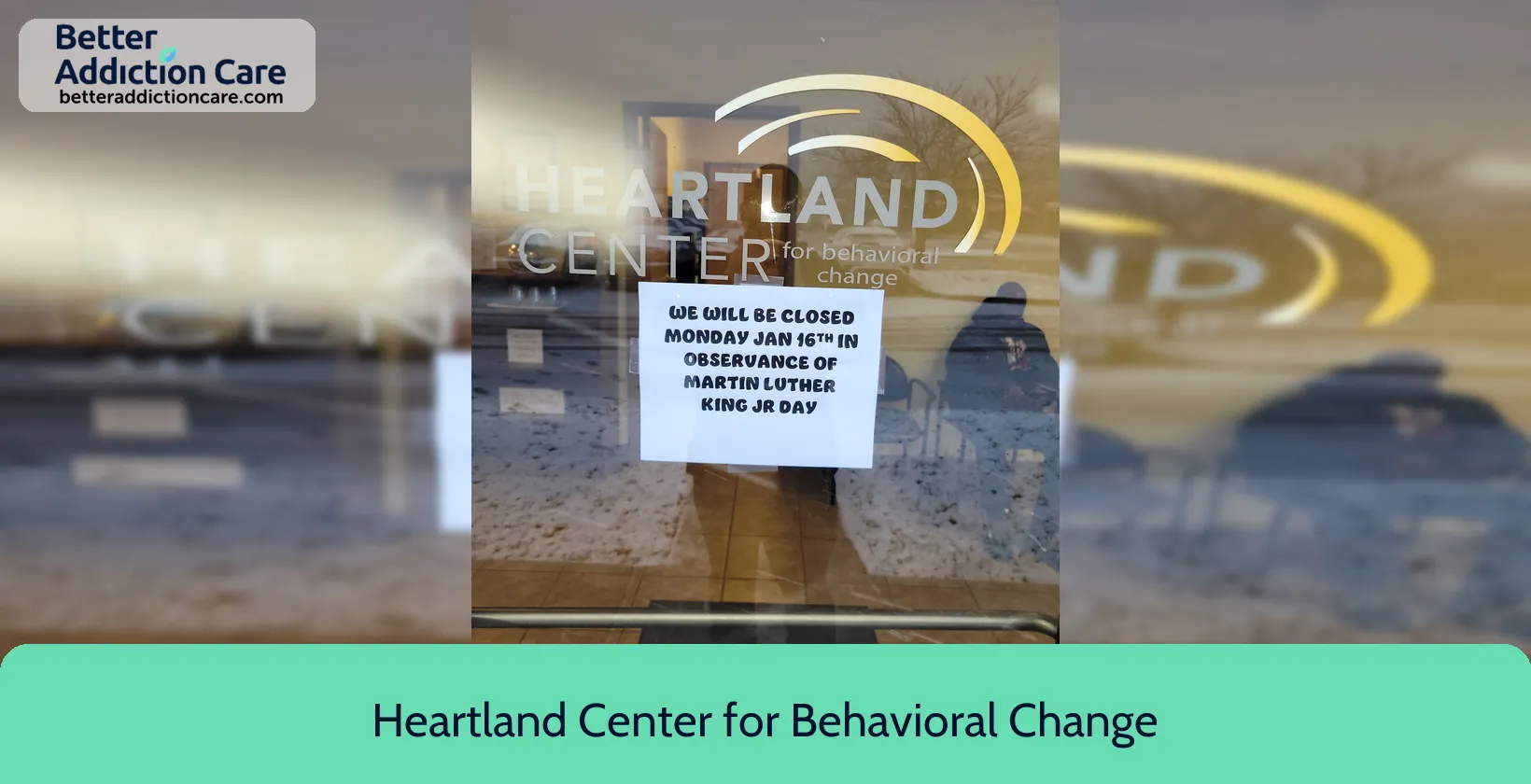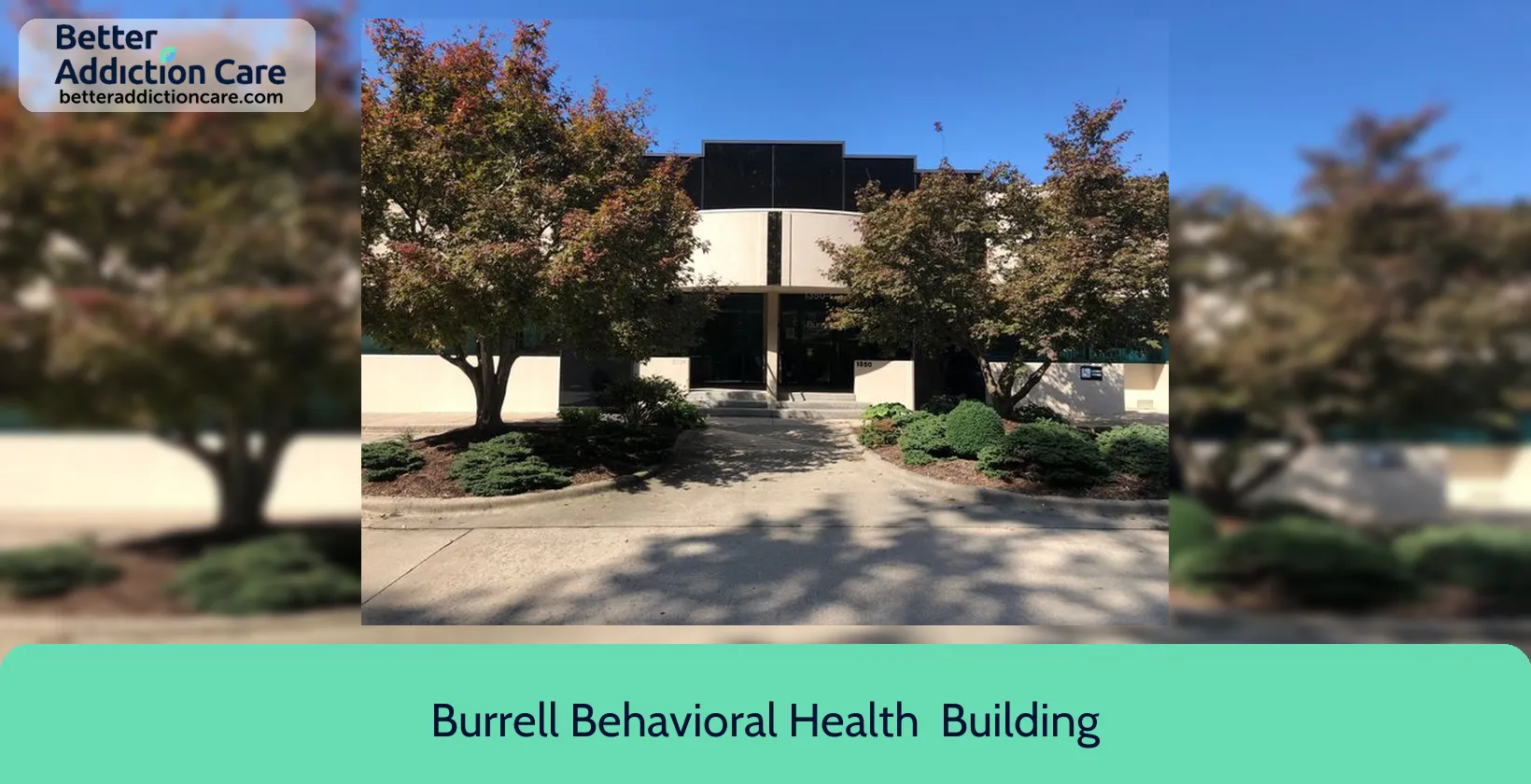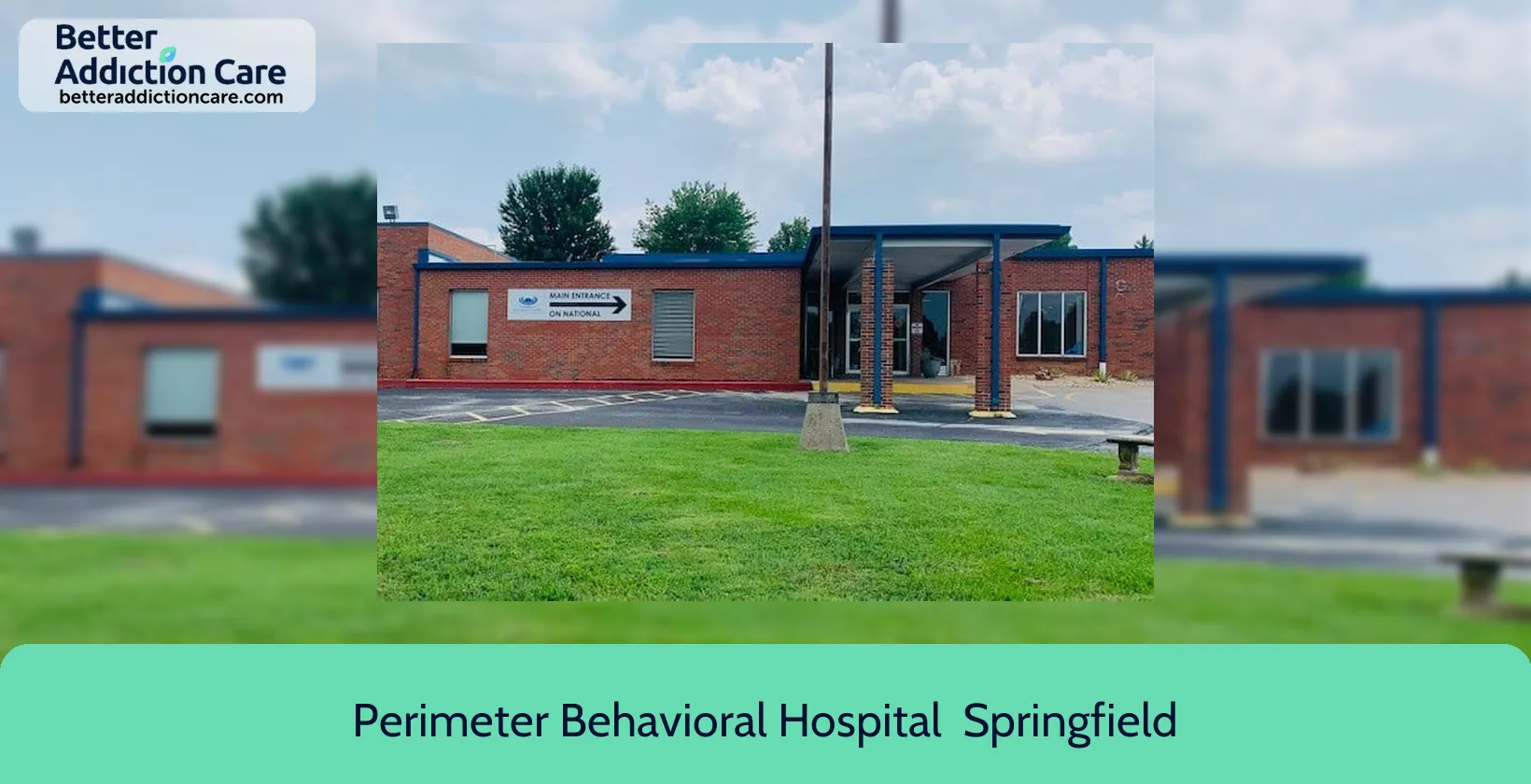Burrell Behavioral Health - Transitions
Overview
Burrell, located in Springfield, Missouri, is a distinguished provider of mental health treatment services for children, adolescents, and adults. Additionally, Burrell offers comprehensive support for families, ensuring a holistic approach to mental health care.
For children and teenagers, Burrell offers an array of specialized services, including group therapy, youth-focused clinics, individual therapy, and psychiatric care. These programs are designed to address the unique developmental needs of young individuals, providing them with the support and treatment necessary for their well-being.
Adults at Burrell can access individual and group therapy sessions, as well as specialized treatment for substance use addiction and various mental health conditions, starting from the age of 12. Burrell also features a Social Setting Detox Program, where patients receive 24-hour monitoring and care, ensuring a safe and supportive environment during the detoxification process.
The treatment modalities employed at Burrell include Cognitive Behavioral Therapy (CBT), Trauma-Focused Cognitive Behavioral Therapy (TFCBT), and Eye Movement Desensitization and Reprocessing (EMDR). These evidence-based therapies are tailored to meet the specific needs of each patient, promoting effective and sustainable recovery.
Burrell's commitment to quality care is underscored by its accreditation from the Commission on Accreditation of Rehabilitation Facilities (CARF), reflecting its adherence to the highest standards of service and patient care.
Burrell Behavioral Health - Transitions at a Glance
Payment Options
- Cash or self-payment
- Medicaid
- Medicare
- State-financed health insurance plan other than Medicaid
- Private health insurance
Assessments
- Screening for tobacco use
- Comprehensive mental health assessment
- Comprehensive substance use assessment
Age Groups
- Young adults
- Children/adolescents
- Adults
- Seniors
Ancillary Services
- Assertive community treatment
- Intensive case management
- Case management service
- Education services
- Psychosocial rehabilitation services
Highlights About Burrell Behavioral Health - Transitions
6.71/10
With an overall rating of 6.71/10, this facility has following balanced range of services. Alcohol Rehabilitation: 8.00/10, Drug Rehab and Detox: 6.00/10, Insurance and Payments: 6.00/10, Treatment Options: 6.85/10.-
Alcohol Rehabilitation 8.00
-
Treatment Options 6.85
-
Drug Rehab and Detox 6.00
-
Insurance and Payments 6.00
Accreditations
Commission on Accreditation of Rehabilitation Facilities (CARF):

CARF accreditation is a prestigious recognition for rehabilitation and human service organizations. It signifies that an organization meets high-quality standards and is committed to providing top-level care. CARF conducts rigorous evaluations to ensure compliance, enhancing an organization's credibility and reassuring clients and funders of exceptional service quality. This accreditation promotes excellence and continual improvement in the rehabilitation and human services field.
Treatment At Burrell Behavioral Health - Transitions
Treatment Conditions
- Alcoholism
- Mental health treatment
- Substance use treatment
- Co-occurring Disorders
Care Levels
- Outpatient
Treatment Modalities
- Couples/family therapy
- Group counseling
- Cognitive behavioral therapy
- Dialectical behavior therapy
- Integrated Mental and Substance Use Disorder treatment
Ancillary Services
Languages
- Sign language services for the deaf and hard of hearing
Additional Services
- Pharmacotherapies administered during treatment
- Mentoring/peer support
- Metabolic syndrome monitoring
Special Programs
- Clients with co-occurring mental and substance use disorders
- Persons 18 and older with serious mental illness (SMI)
Get Help Now
Common Questions About Burrell Behavioral Health - Transitions
Contact Information
Other Facilities in Springfield

7.61

7.02

6.65

7.03

7.27

6.71

7.39

6.68
DISCLAIMER: The facility name, logo and brand are the property and registered trademarks of Perimeter Behavioral Hospital - Springfield, and are being used for identification and informational purposes only. Use of these names, logos and brands shall not imply endorsement. BetterAddictionCare.com is not affiliated with or sponsored by Perimeter Behavioral Hospital - Springfield.
